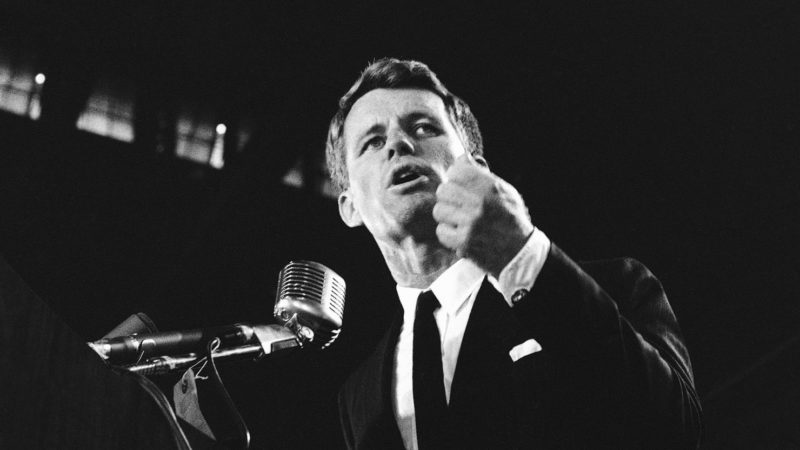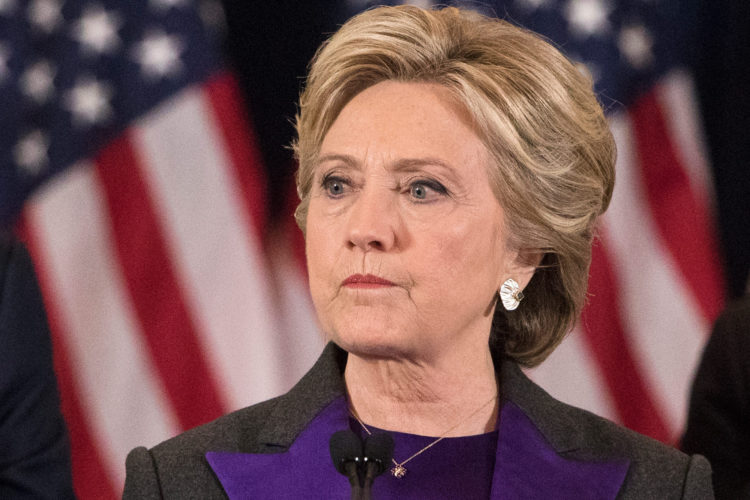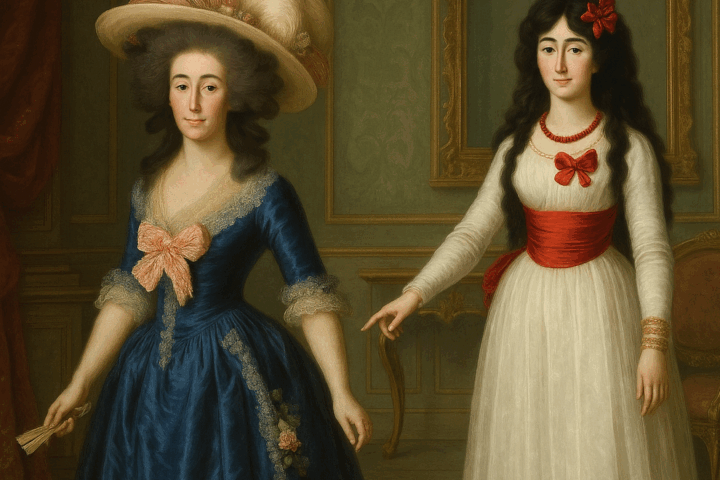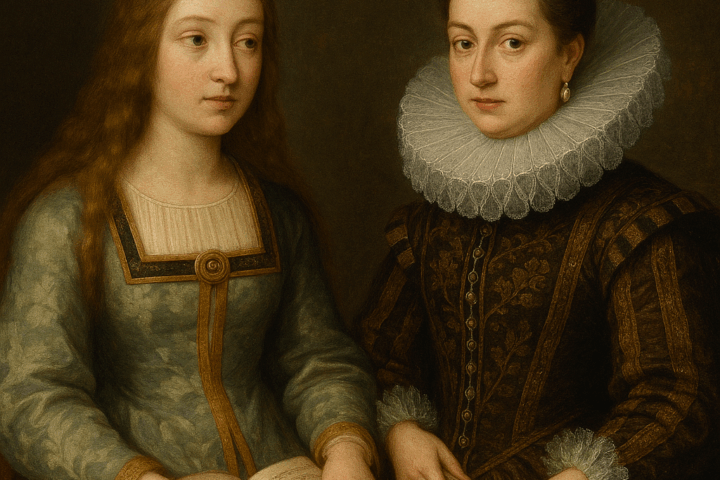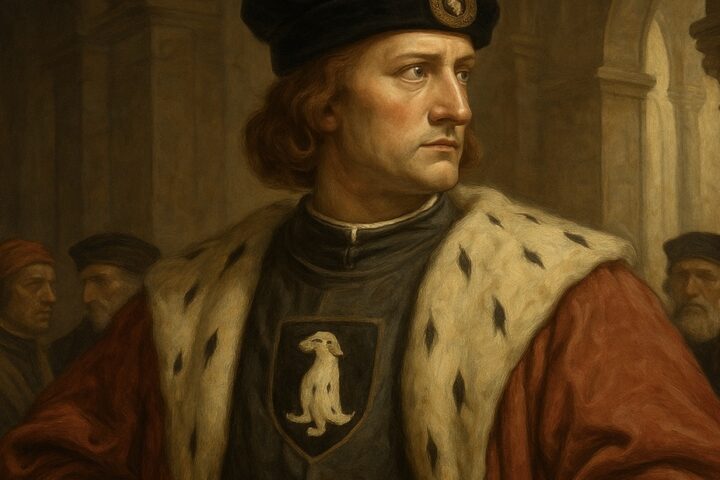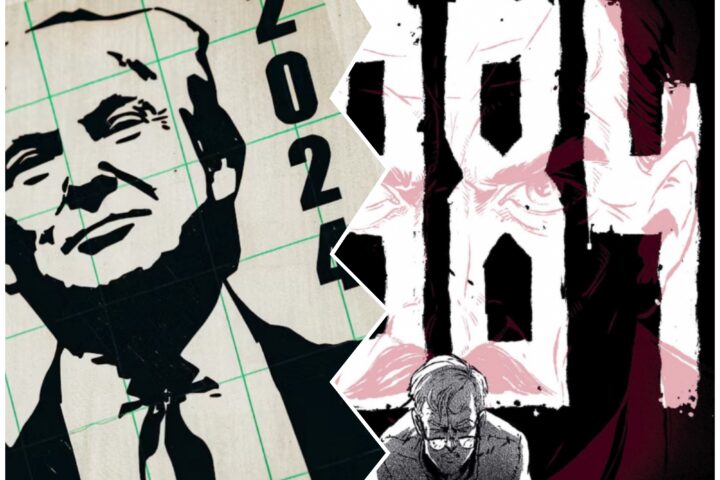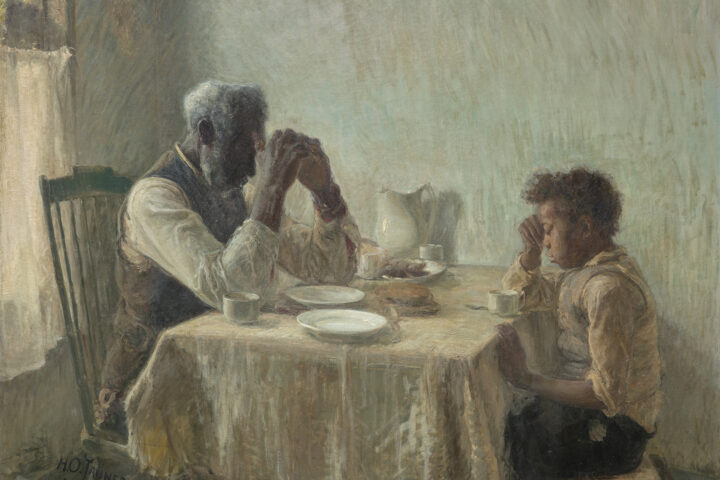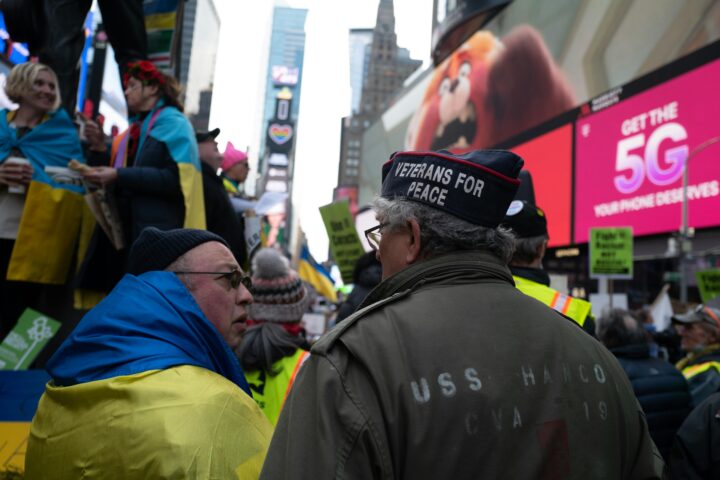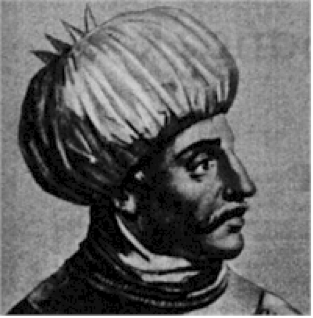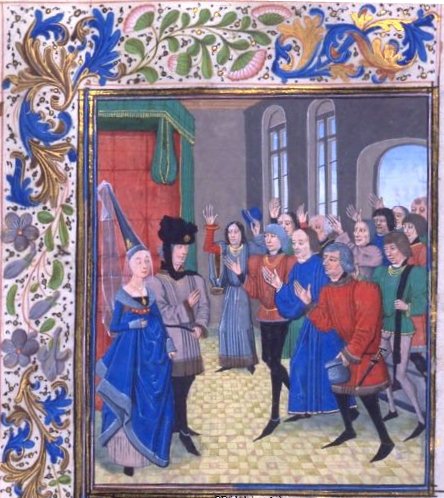From Kennedy to Hillary
The end of the myth of the American dream
By Pierre Scordia
Democracy seems a sham when you read two books, one by Hillary Rodman Clinton, What Happened, and the other one by Marc Dugain, Ils vont tuer Robert Kennedy (They are going to kill Robert Kennedy). These two works put into perspective the true nature of American democracy, which is governed by invisible forces.
Robert Fitzgerald Kennedy
Marc Dugain's research on Robert Fitzgerald Kennedy’s murder – a killing that took place 50 years ago - is meticulous and detailed. Even though classified as a novel because the writer added a fictitious story, parallel to the actual story of the assassination of the Democratic candidate in the presidential elections of 1968, nevertheless it bears witness to the methods used by the intelligence services to influence public opinion and eliminate any individual deemed capable of countering the interests of the oil and military industries.
Robert Kennedy seemed torn between a fear of being murdered and that of failing in his mission. We discover a man who is burdened by feelings of guilt, having failed to thwart the attack against his brother, John Fitzgerald Kennedy and at the same time deeply uneasy about his privileged background. The dubious basis on which his father built his fortune drove him during his short life to wage war on organised crime, hoping thus to absolve the Kennedy dynasty.
The mistake made by the Kennedy brothers was undoubtedly to have fought on too many fronts: fighting against the Mafia, opposing an invasion of Cuba, promoting détente with the Soviet Union, taxing the Texas oil industry, seeking a peaceful solution in Vietnam, reducing racial inequality and fighting poverty. In opposing a military invasion of Cuba, the Kennedy brothers alienated both the right-wing lobby in the defence industry and the underworld that had invested so much in Havana during Batista’s corrupt regime. By wanting to impose a tax on oil production, they antagonised Texas oil producers, notably the Bush family.
The political assassination of the Kennedy brothers was without question a coup d'état. However, at this time individual freedom for white Americans was not under threat and happiness through consumerism remained the sole doctrine to boost the economy. On the other hand, repression was insidious and stealthy in the way it pushed protesters towards hallucinogenic drugs in order to get them out of the way, turning them into hippies on the fringes of society. Moreover, all undesirable witnesses were neutralized by the CIA and FBI rendering justice impotent.
It is tempting to draw a comparison between the 1968 and 2016 presidential elections. Was Donald Trump’s rise to power akin to that of Richard Nixon, the ultra-conservative president? Many democrats point to collusion between Trump's team and invisible forces, namely the FBI, Russia, NRA, Wikileaks as well as trolls on social networks.
Hillary Clinton
When reading Hillary Clinton's story "What Happened", one might think the unfortunate Democratic candidate had fallen victim to a plot to prevent her winning the presidency. In actual fact, six Russian diplomats have reportedly died suddenly from November 2016 onwards, including the former Ambassador of the Russian Federation to the United Nations, Vitaly Churkin, who reportedly facilitated contacts between Russians and the Trump team. In February 2017 in New York, the Russian envoy was reportedly hit with a sudden illness that many still consider suspect.
However, Hillary was neither a threat to conservative forces nor to oil and military lobbies as was the case with Robert Kennedy. Clinton was not a revolutionary (centre right - left liberal) unlike Bernie Sanders, although Hillary reminds us that the latter has consistently refused to keep the arms industry in check. The interests of the powerful National Rifle Association were in safe hands with Sanders...
Hillary understands only too well the workings of power and she clearly admits in her book that if she had been more measured, more cautious in her political program than Sanders, it was because she had grasped what it was possible to achieve in a country where Republicans retain a majority in both houses. Let’s recall that the founders of the American constitution - the oldest in the world - made sure that institutions stay constantly opposed in order to maintain the status quo: the power of the rich.
Hillary’s big mistake was to have assumed that young and old, blue-collars, farmers, losers in a climate of over-globalization wanted to hear the voice of a moderate. It turned out that they desired a dramatic change, a break with a system where the rich get richer and the middle class slowly but inevitably impoverishes. They wanted someone who could put their anger into words.
Hillary, the poster girl for women's rights and minorities, is no dove. She voted for Bush’s war in Iraq, a conflict arguably responsible for the many current evils threatening Western civilization. In addition, she remains a fierce opponent of Vladimir Putin.
But the American system does not classify people as bad or good; it defines them as winners or losers. Although Hillary Clinton was sincere in her desire to reform and transform her country into a less discriminatory society, and although she won the popular vote with three million votes more than Donald Trump, she will remain for posterity in American memory as the loser of a major election that will have had a decisive impact on our planet’s future.
In conclusion, I remind readers of this sentence of Robert Kennedy: "the human species will never be completely amended, we will never stop some men from killing children, our responsibility is to ensure that they kill as few as possible” (Dugain∗, page 197).
∗ Dugain Marc, On veut tuer Robert Kennedy. Paris, Gallimard, 2017.
FΩRMIdea London, 16th January 2018.
